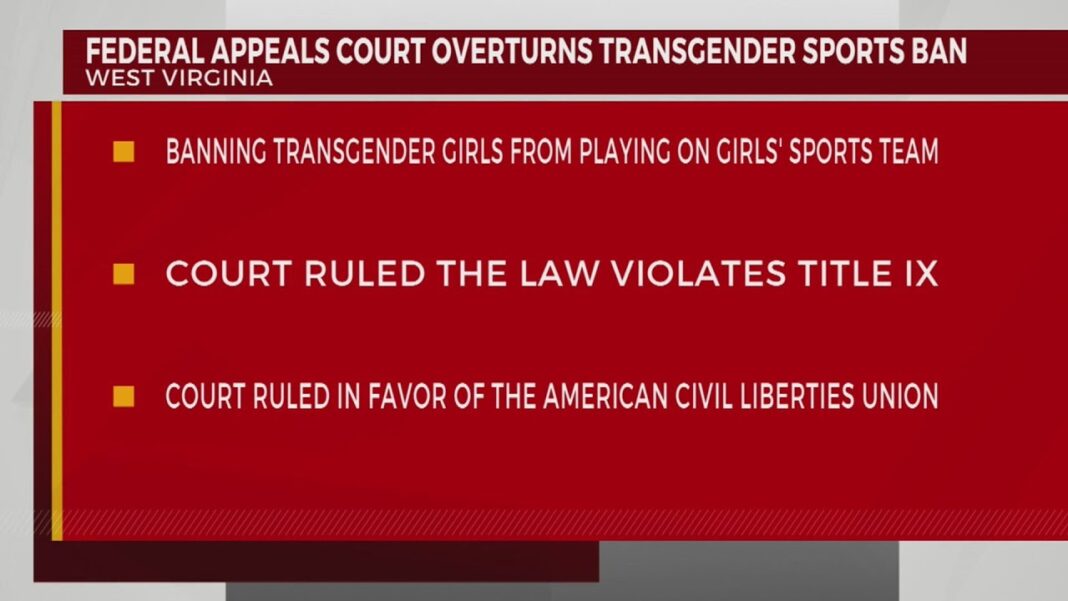She said she recognized merit to both sides of the electoral college argument but would allow the bill to become law without her signature as its debated.
Maine Gov. Janet Mills said she will allow a narrowly passed bill that would award the state’s four electoral college votes to go toward the winner of the National Popular Vote to become law, as opposed to the current system where the votes go either to the winner of the state’s popular vote or according to the results in each of congressional district—as is the case in Maine.
A group known as the National Popular Vote (NPV) is behind a push for states to enter into a “National Popular Vote Interstate Compact” that would hand the presidency to whoever gets the greatest number of popular votes at the national level.
Rather than abolishing the Electoral College, this would require presidential electors in the states and the District of Columbia to vote for the candidate who gets the most popular votes overall, which would see the outcome of the election decided by the views of those living in major population centers like Los Angeles and Houston instead of by entire swing states.
Maine’s legislation passed the State House of Representatives on April 2 by a slim 73 to 72 margin. It cleared the Senate the following day by an 18 to 12 vote.
In an April 15 press release, Ms. Mills said she has been “carefully considering” the bill’s merits for the past ten days, and “reviewing arguments both for and against.”
She opted to give her approval to the bill without a signature. Maine’s Constitution gives governors three options to legislation that arrives at their desk: to sign a bill into law, veto it, or allow it to become law without their signature.
Supporters of the legislation argue that electing a president based on who has more support among voters in a state but not nationwide doesn’t make sense, and that the new system under the “National Popular Vote Interstate Compact” would make everyone’s vote count the same, no matter where they live.






